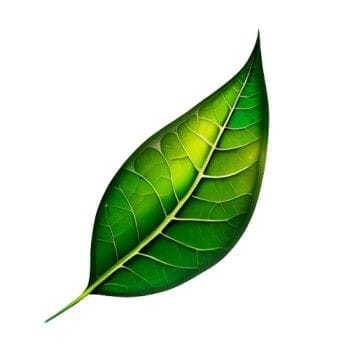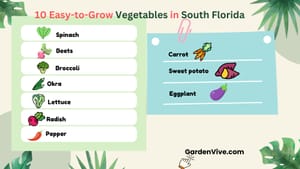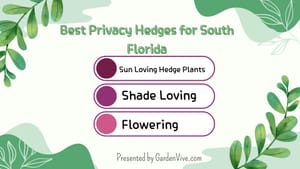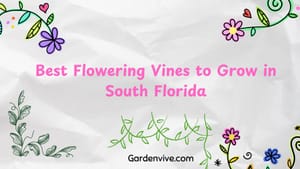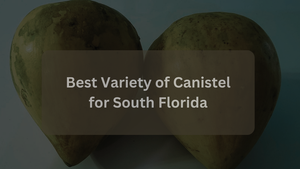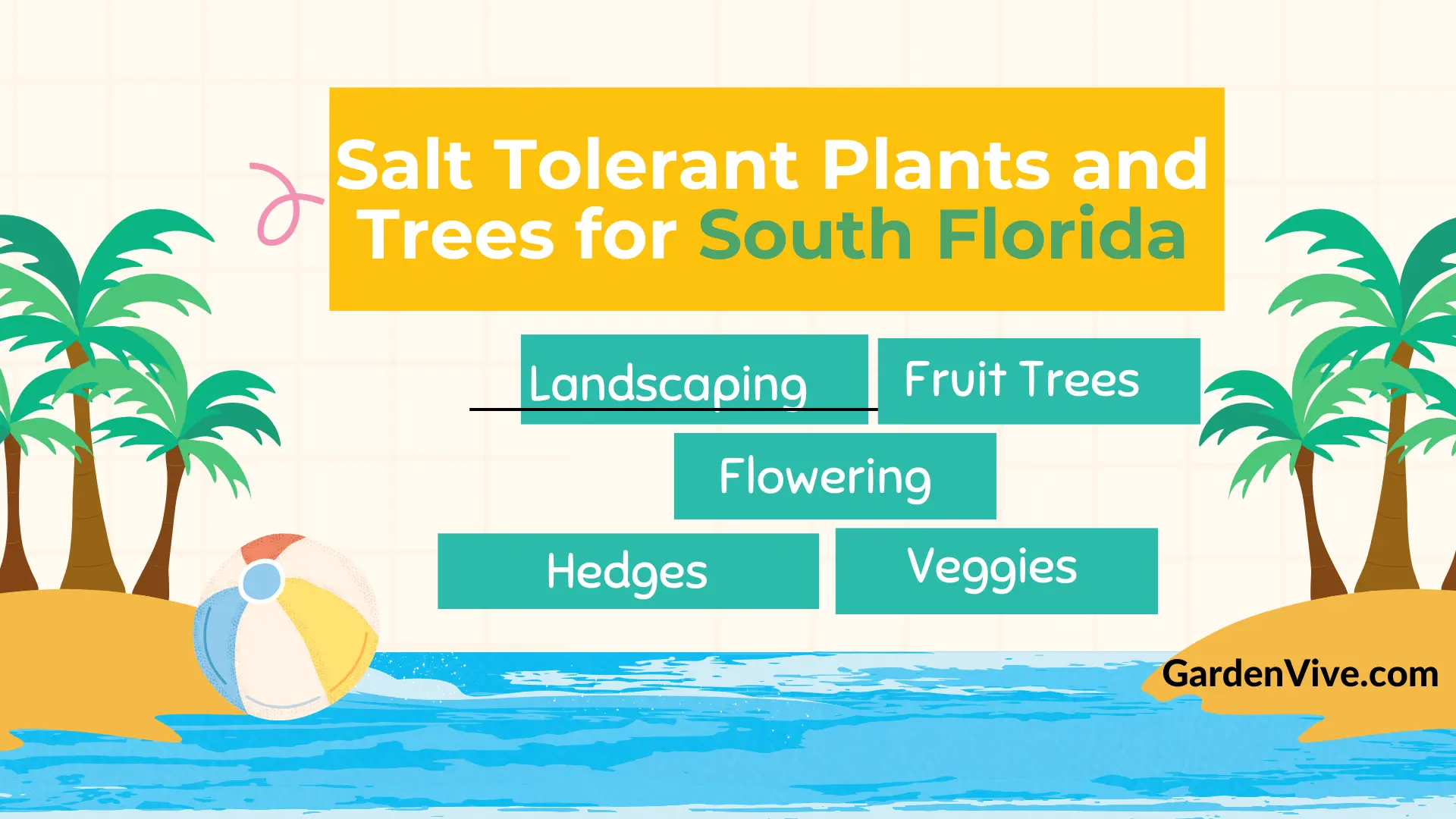
My father has spent his entire life in the coastal region of South Florida, so I have seen how hard it is to grow plants there. You have to watch out for not just saltwater but hurricanes, too. With my father's help, I have created a complete list of salt-tolerant plants for South Florida.
Salt spray from the ocean and high soil salinity can easily affect your hard-earned traditional plants. It's better to check their salt tolerance before deciding to plant one.
No matter if you are looking for landscaping or edible plants, my list is for you, as I have separated the plants into several important categories:
- Flowering Plants
- Hedges
- Fruit trees
- Veggies (Yes you can grow vegetables too)
- Herbs
- Ornamental Trees
Note: As this will be a long list, I don't want to mix up everything and confuse you. To increase the readability, I have categorized the plants.
If you are a gardener like me and prefer native plants, this is your must-read: Florida Native Shrubs and Trees held up best in the storms
Not every plant has the same salt resistance capacity. I will mention the plant's name, and beside each plant, I will mention its salt tolerance(High to mid). If you are too close to the seashore, choose the high-tolerance plants from my list.
Salt Tolerant Flowering Plants
Here are the best salt-resistant flowering plants. Scroll the table sideways to see the full information (on Mobile devices).
| Plant Name | Salt Tolerance | Planting Season | Max Height | Blooming Season | Flower Color |
|---|---|---|---|---|---|
| Beach Sunflower (Helianthus debilis) | High | Spring to Fall | 2-4 ft | Year-Round | Yellow |
| Seaside Lavender (Heliotropium curassavicum) | High | Spring | 1-2 ft | Summer | Purple |
| Blanket Flower (Gaillardia pulchella) | Mid | Spring | 1-2 ft | Spring to Fall | Red and Yellow |
| Coral Bean (Erythrina herbacea) | Mid | Late Winter to Spring | 3-5 ft | Spring to Summer | Red |
| Beach Morning Glory (Ipomoea imperati) | High | Spring to Summer | Up to 1 ft (ground cover) | Spring to Fall | White |
| Sea Lavender (Argusia gnaphalodes) | High | Year-Round | 1-3 ft | Year-Round | Lavender |
| Plumeria (Plumeria spp.) | Mid | Spring | 15-20 ft | Spring to Fall | White, Yellow, Pink, Red |
| Firebush (Hamelia patens) | High | Spring to Fall | 5-15 ft | Summer to Fall | Red-Orange |
| Society Garlic (Tulbaghia violacea) | High | Spring to Summer | 1-2 ft | Spring to Summer | Purple |
| Portulaca (Portulaca spp.) | High | Spring to Summer | 0.5-1 ft | Summer to Fall | Yellow, Pink, Orange, Red |
From this list, you can use Beach Morning Glory and Portulaca as ground covers.
If you choose mid salt-tolerance flowering plants from this list and the plants get direct salt spray from the ocean (or from heavy storms), wash off the plants with fresh water.
If you help to grow Plumeria in Florida, read: Plumeria growing guide for Florida
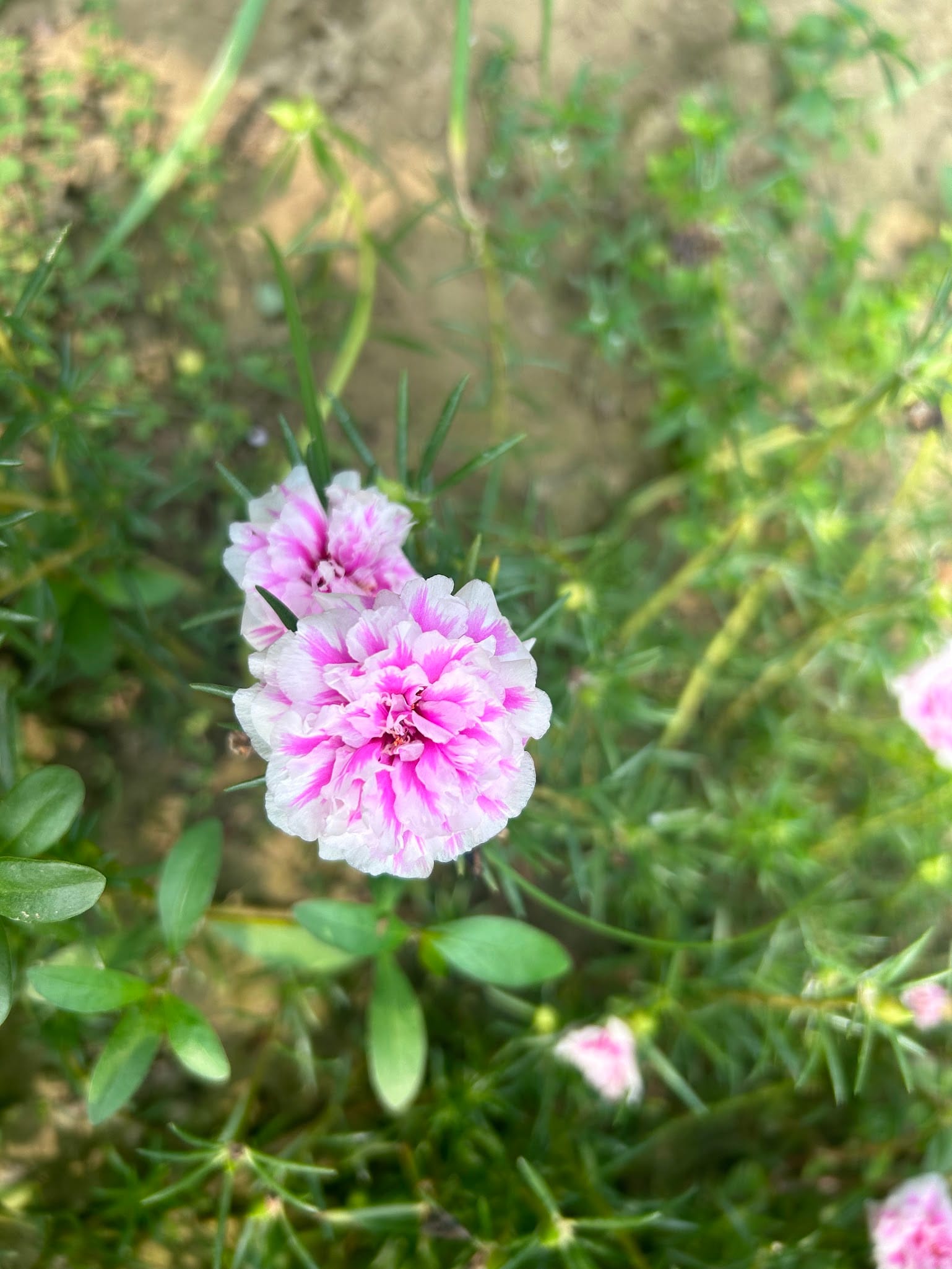
Hedge plants that can tolerate salt
For hedge plants, I am not going to add blooming season and flower color as I will be considering non-flowering plants too as hedge plants.
| Plant Name | Salt Tolerance | Growth Season | Max Height | Native | Flowering | Maintenance Difficulty |
|---|---|---|---|---|---|---|
| Sea Grape (Coccoloba uvifera) | High | Year-Round | 8-10 ft (hedge), up to 35 ft as a tree | Native | Yes | Moderate |
| Buttonwood (Conocarpus erectus) | High | Year-Round | 10-20 ft | Native | Yes | Low |
| Silver Buttonwood (Conocarpus erectus var. sericeus) | High | Year-Round | 8-15 ft | Native | No | Low |
| Indian Hawthorn (Rhaphiolepis indica) | Mid | Spring | 4-6 ft | Non-native | Yes | Low |
| Simpson’s Stopper (Myrcianthes fragrans) | Mid | Year-Round | 6-10 ft | Native | Yes | Moderate |
| Wax Myrtle (Myrica cerifera) | High | Year-Round | 10-15 ft | Native | No | Low |
| Japanese Boxwood (Buxus microphylla japonica) | Mid | Year-Round | 4-6 ft | Non-native | No | Moderate |
Wax Myrtle will be the best choice and I love sea grapes (as it's really easy to propagate sea grapes from cuttings). Read: Propagate sea grapes from cuttings
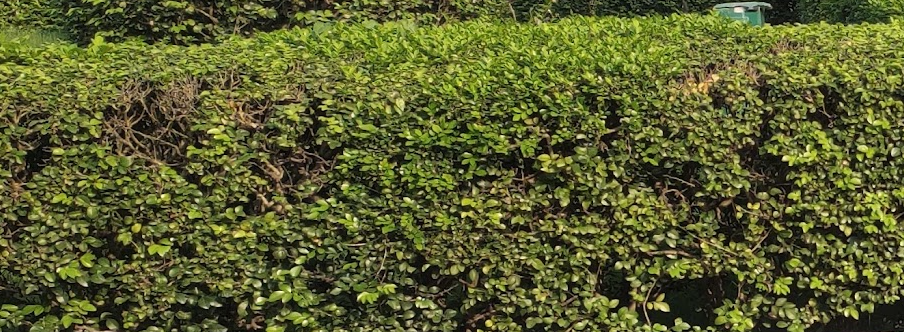
Fruit trees for coastal areas that can tolerate salt
| Fruit Tree Name | Salt Tolerance | Max Height | Native | Maintenance Difficulty | Harvesting Season |
|---|---|---|---|---|---|
| Jamaican Cherry (Muntingia calabura) | tolerance to mildly saline or brackish soils | 15-20 ft | Non-native | Low | Summer to Fall |
| Surinam Cherry (Eugenia uniflora) | High | 10-15 ft | Non-native | Low | Late Summer to Fall |
| Citrus (Limes, Lemons, Oranges) (Citrus spp.) | High | 10-25 ft | Non-native | Moderate | Winter to Spring |
| Indian Fig (Opuntia ficus-indica) | High | 6-10 ft | Non-native | Low | Summer |
| Black Sapote (Diospyros texana) | Mid | 20-30 ft | Non-native | Moderate | Fall to Winter |
| Fig (Ficus carica) | High | 10-15 ft | Non-native | Low | Summer to Fall |
| Olives (Olea europaea) | High | 15-30 ft | Non-native | Moderate | Fall |
| Coconut Tree (Cocos nucifera) | High | 30-100 ft | Non-native | Very Low | Year-round |
Update: Previously, I had considered Jamaican Cherry as a high salt-tolerant tree, but several reputable horticultural references state that it is not salt-tolerant, while a few mention possible tolerance to mildly saline or brackish soils.
I am not growing this personally, so I will suggest you go for other plants and trees from my list.
Among these fruit trees, the coconut is really tall. Try not to sit or stand below the coconut tree. It can injure you badly if a coconut falls from the tree.
To be honest, there are not many delicious fruits to grow in the coastal salty areas.
Salt Tolerant Vegetables
| Vegetable Name | Salt Tolerance | Planting Season | Max Height |
|---|---|---|---|
| Sweet Potatoes (Ipomoea batatas) | High | Spring to Summer | 12-18 inches |
| Okra (Abelmoschus esculentus) | High | Spring to Summer | 3-6 ft |
| Tomatoes (Solanum lycopersicum) | Mid | Spring to Fall | 3-4 ft |
| Peppers (Capsicum spp.) | Mid | Spring to Fall | 1-4 ft |
| Beets (Beta vulgaris) | High | Fall to Spring | 12-18 inches |
| Spinach (Spinacia oleracea) | Mid | Fall to Spring | 6-12 inches |
| Collard Greens (Brassica oleracea) | High | Fall to Winter | 1-2 ft |
| Kale (Brassica oleracea) | High | Fall to Winter | 1-3 ft |
| Eggplant (Solanum melongena) | Mid | Spring to Fall | 3-4 ft |
| Radishes (Raphanus sativus) | High | Fall to Spring | 6-12 inches |
The vegetable plants are small in size and they can not tolerate sudden hurricanes and flooded saltwater. It's best to look after these small plants earlier than other larger plants. I would say the same for the flowering plants. Check my guide on this: How to Save Plants Flooded by Saltwater
Salt Tolerant Herbs
| Herb Name | Salt Tolerance | Planting Season | Max Height |
|---|---|---|---|
| Rosemary (Rosmarinus officinalis) | High | Spring to Summer | 3-5 ft |
| Thyme (Thymus vulgaris) | High | Spring to Fall | 6-12 inches |
| Oregano (Origanum vulgare) | High | Spring to Summer | 12-18 inches |
| Mint (Mentha spp.) | Mid | Spring to Fall | 1-3 ft |
| Sage (Salvia officinalis) | High | Spring to Summer | 1-2 ft |
| Chives (Allium schoenoprasum) | Mid | Spring to Fall | 12-18 inches |
| Lavender (Lavandula spp.) | High | Spring to Summer | 2-3 ft |
| Basil (Ocimum basilicum) | Mid | Spring to Summer | 1-2 ft |
| Cilantro (Coriandrum sativum) | Mid | Fall to Winter | 12-18 inches |
| Bay Leaf (Laurus nobilis) | High | Spring to Summer | 10-20 ft |
If you can take your time to care for the herbs, then only go for the basil, cilantro, and mint. They can only tolerate salt at a certain level.
Ornamental Trees
Ornamental trees are not meant to be planted for commercial use. I love these trees due to their shape and how they look.
| Tree Name | Salt Tolerance | Planting Season | Max Height | Native or Non-Native |
|---|---|---|---|---|
| Live Oak (Quercus virginiana) | High | Spring to Summer | 40-80 ft | Native |
| Florida Mahogany (Swietenia mahagoni) | High | Spring to Summer | 30-40 ft | Native |
| Royal Poinciana (Delonix regia) | High | Spring to Summer | 25-40 ft | Non-Native |
| Tabebuia (Tabebuia spp.) | High | Spring to Summer | 20-40 ft | Non-Native |
| Flamboyant Tree (Delonix regia) | High | Spring to Summer | 25-40 ft | Non-Native |
| Crepe Myrtle (Lagerstroemia indica) | Mid | Spring to Fall | 15-25 ft | Non-Native |
| Silver Buttonwood (Conocarpus erectus) | High | Spring to Summer | 10-15 ft | Native |
| Indian Laurel Fig (Ficus microcarpa) | High | Spring to Summer | 30-50 ft | Non-Native |
| Chinese Fan Palm (Livistona chinensis) | High | Spring to Summer | 20-30 ft | Non-Native |
| Sea Grape (Coccoloba uvifera) | High | Spring to Summer | 15-25 ft | Native |
Live Oak is not only for South Florida, you can plant it anywhere in Florida.
In the coastal areas, there is a chance of Hurricanes every year. I suggest you to go through: Protect Your Plants from Hurricanes
It took a lot of time and effort to organize the list into tables like this. Share and subscribe to this site to motivate me to write more like this on South Florida gardening.
